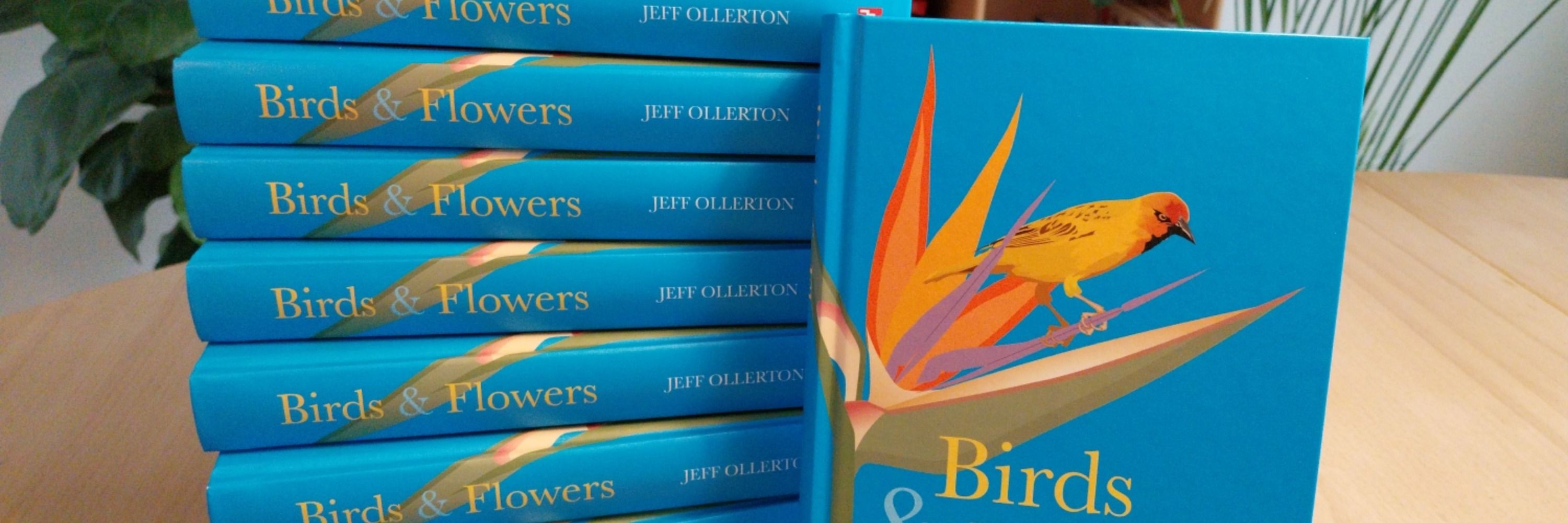Prof. Jeff Ollerton
@jeffollerton.bsky.social
9.3K followers
1.4K following
130 posts
Biodiversity scientist, focused mainly on pollinators and their interactions with plants. Author of 'Pollinators & Pollination: Nature and Society' (Pelagic 2021) and 'Birds & Flowers: An Intimate 50 Million Year Relationship' (Pelagic 2024).
Posts
Media
Videos
Starter Packs
Reposted by Prof. Jeff Ollerton
Kieran Healy
@kjhealy.co
· 13d
Reposted by Prof. Jeff Ollerton
Reposted by Prof. Jeff Ollerton
Reposted by Prof. Jeff Ollerton
Reposted by Prof. Jeff Ollerton
Kaz Ohashi
@kazohashilab.bsky.social
· Aug 8
Kaz Ohashi
@kazohashilab.bsky.social
· Aug 8

Exclusion of bird pollinators impacts mating system and reduces offspring fitness in a pollination-generalist tree
AbstractBackground and Aims. Compared to pollinating insects and non-flying mammals (NFM), nectarivorous birds may display behaviours leading to greater po
bit.ly














